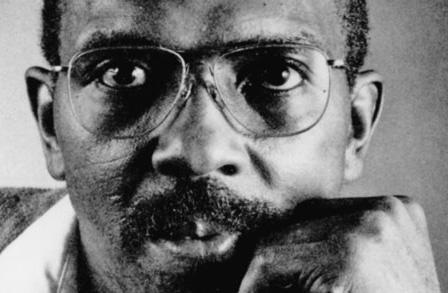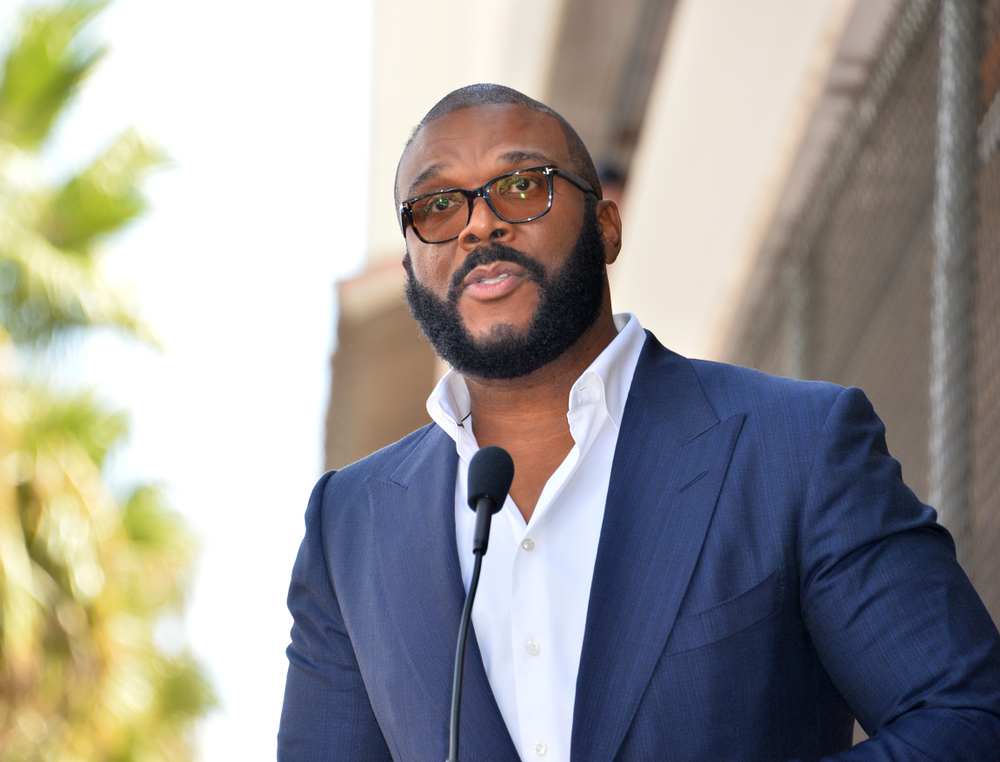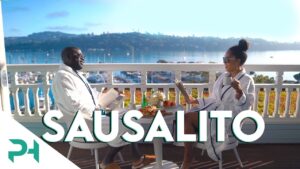Black Arts Movement Poet, Etheridge Knight, Was Born Award-winning poet, Etheridge Knight, was born on April 19, 1931, in Corinth, Mississippi. He was an influential voice of the Black Arts Movement and focused on freedom from oppression. The Black Arts…
LATEST NEWS
Just over 56 years ago, on April 4, 1968, I was 13…
An all-Black woman-led running team recently filed a discrimination lawsuit against the…
Wrestling is a great sport, but it seems to grapple itself into…
Legal Defense Fund attorney Jared Evans joins Lurie to discuss redistricting and…
Sports
Today, Monday, April 15th, is Jackie Robinson Day. It’s the day that…
On Thursday, Pro Football Hall of Famer Orenthal James “O.J.” Simpson passed…
Musician Bryson Tiller recently announced that he’ll be putting his music career…
The creators of The Sims video game recently announced a collaboration with…
As Women’s History Month continues to unfold, institutions around the world are…
The Tech Equity Collective Impact Fund recently announced the latest grantees for…
Tyler Perry signed a new multi-year deal with BET Media Group, extending his long-term partnership with Paramount. As part of the deal, BET has…
Travel
In this video, the Passport Heavy crew embarks on a three-week adventure across Colombia! From the vibrant streets of Medellín to the serene beaches…
Food
At a very young age, restaurateur Javarius Gay learned the secret to success in the culinary industry: the importance of hospitality. “When I was 15 years old, I started working for a Culver’s ButterBurger franchise,” recalls…














































